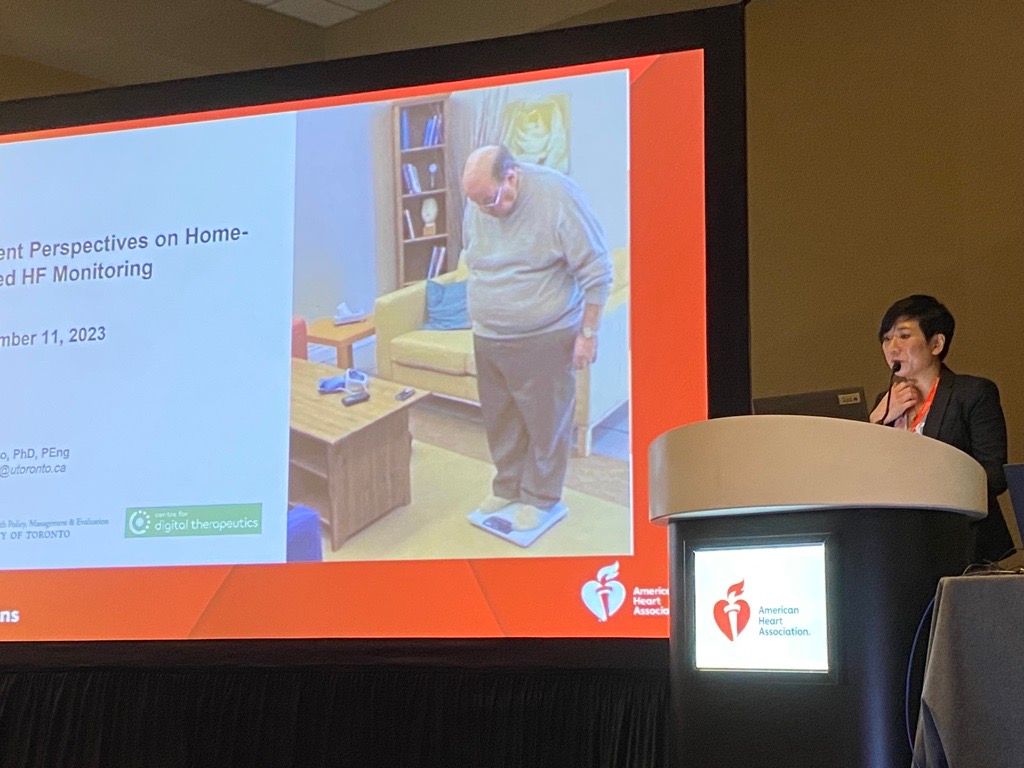
Heart Failure
Latest News
CME Content


The findings reported in JAMA Cardiology suggest that Entresto is more cost effective in patients with heart failure with lower ejection fractions.

Inpefa is approved to reduce the risk of cardiovascular death and hospitalization for heart failure in adults. The wholesale acquisition cost is $598 per month.

Patients with heart failure and obesity who were administered semaglutide experienced better results — they reported fewer symptoms, felt less physically limited, lost more weight, and could walk longer in a 6-minute test.

Even though committee members supported use of Onpattro for patients with cardiomyopathy related to transthyretin-mediated amyloidosis, they had questions about whether it provided a clinically meaningful benefit. The FDA set an action date of Oct. 8, 2023.

The authors found shifting patterns in the effects of obesity, alcohol, and smoking on atrial fibrillation.

Over the past 20 years, the age-adjusted mortality rate for obesity-related cardiovascular mortality increased by 415% for American Indian or Alaska Native individuals.

Injectafer (ferric carboxymaltose injection) was no better than a placebo in a double-blind study of patients with heart failure with reduced ejection fraction. The researchers offered several possible explanations for the unexpected result. Were reduced hospitalizations during the COVID-19 pandemic perhaps a factor?


Training an AI model to identify LVSD from single-lead ECG data would allow more reliable, earlier diagnosis.

Results show that the new heart failure drug reduces the hospitalizations and risk of death from cardiovascular events.

Two studies show that high heart failure rates in the Black population are a legacy of discriminatory mortgage policies.


The pause was recommended by an independent data safety monitoring board, according to a company press release.

A study in statin-intolerant patients suggests that bempedoic acid reduces the risk of major cardiovascular events significantly.

Some factors found in previous investigations, such as stroke, were not significant in this study, while treatment interruption and severe tricuspid valve regurgitation were newly identified.

Inpefa (sotagliflozin) added 0.39 quality of life years at an incremental lifetime cost of $29,449 for an incremental cost-effectiveness ratio of $75,510 per quality-of-life year gained, according to the study that was sponsored by the drug's maker, Lexicon Pharmaceuticals.

Positive results from a small study suggest that whey protein could have some benefits for people with heart failure, although it is a preliminary finding. Whey protein has a high concentration of leucine, which may help build muscle.

Study shows that every 5% increment in the cardiovascular disease risk as measured by the 10-year Framingham risk score was related to lower cognitive function.

The new report is believed to be among the first to examine cardiovascular risk in myeloproliferative neoplasms through a genetic lens. Mutations in the CALR gene may restore vascular dysfunction in some patients.
























